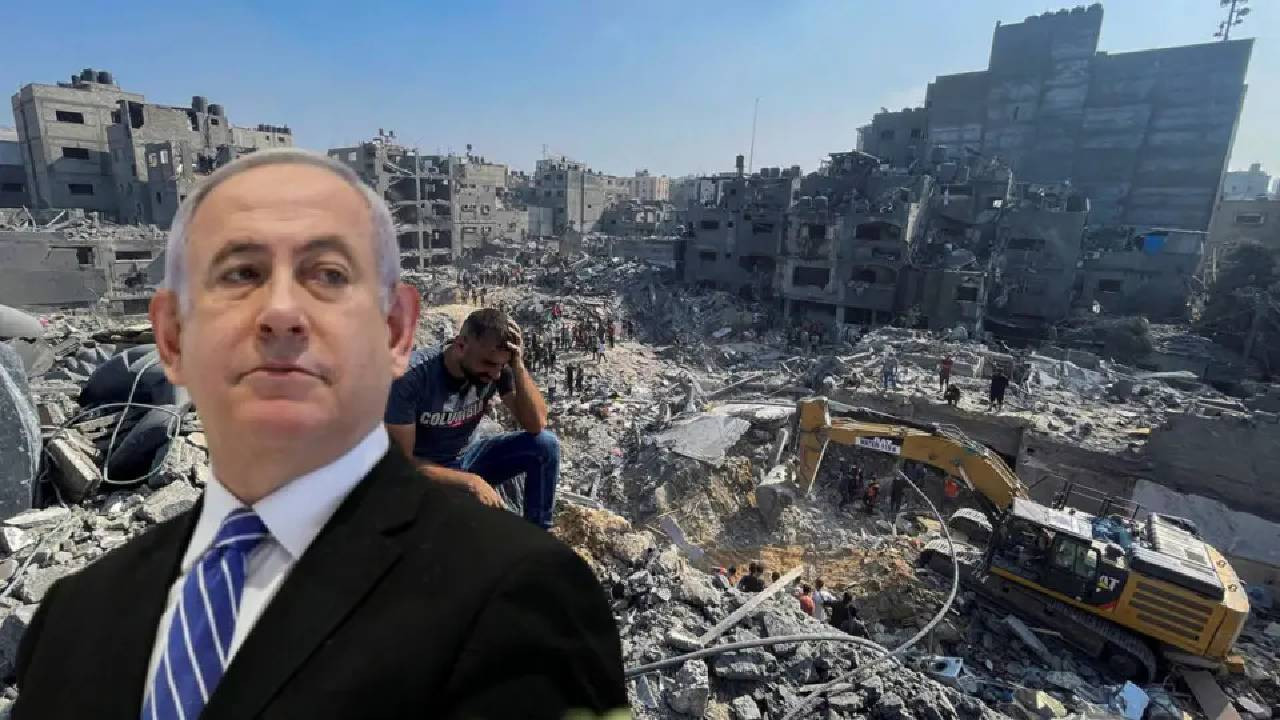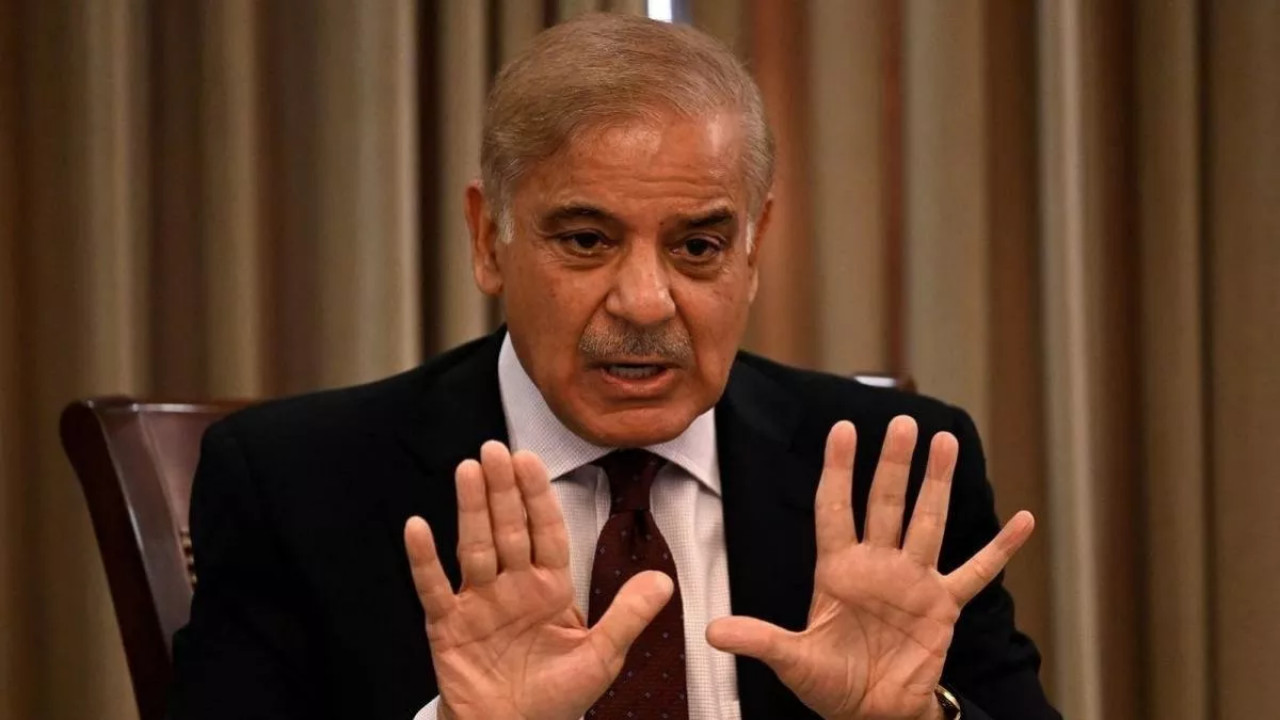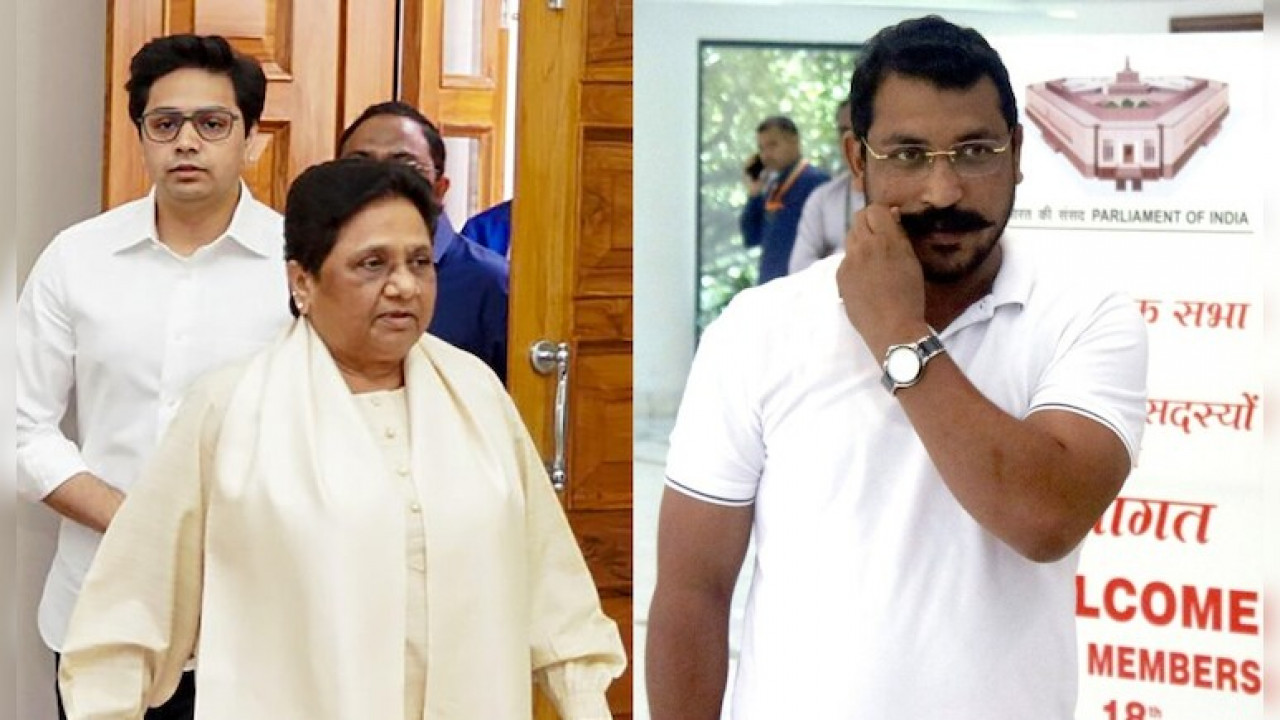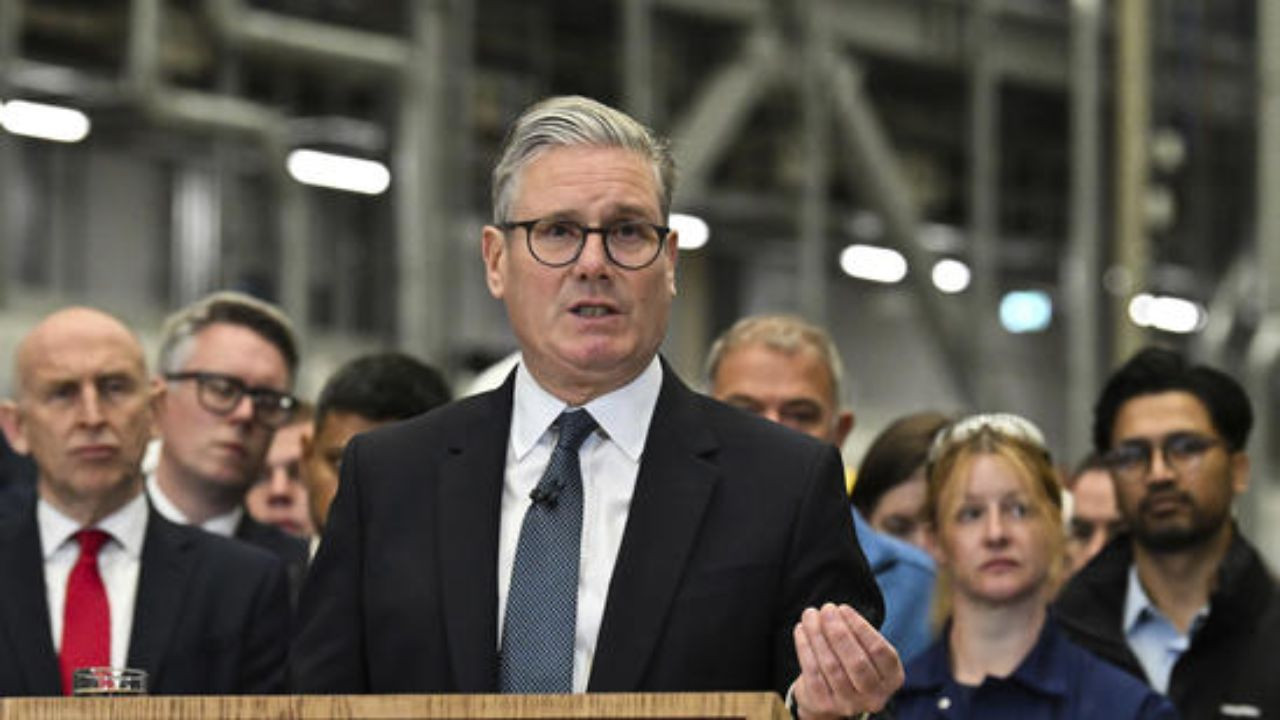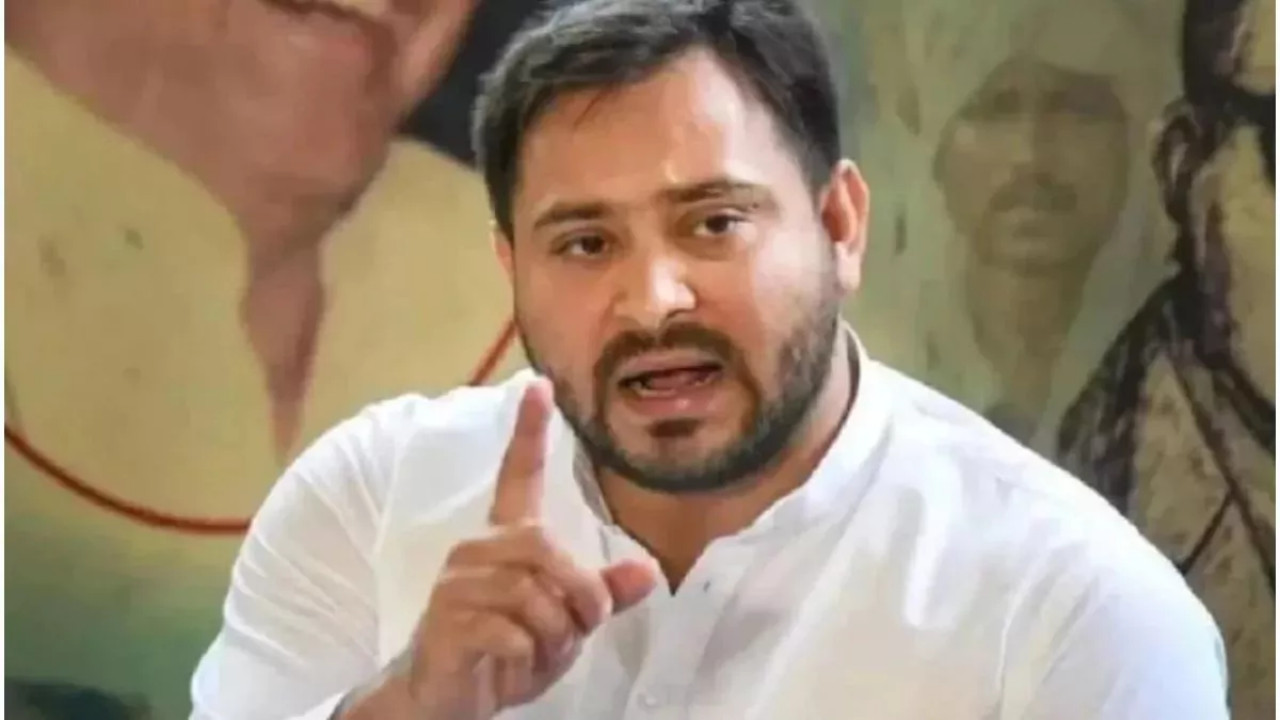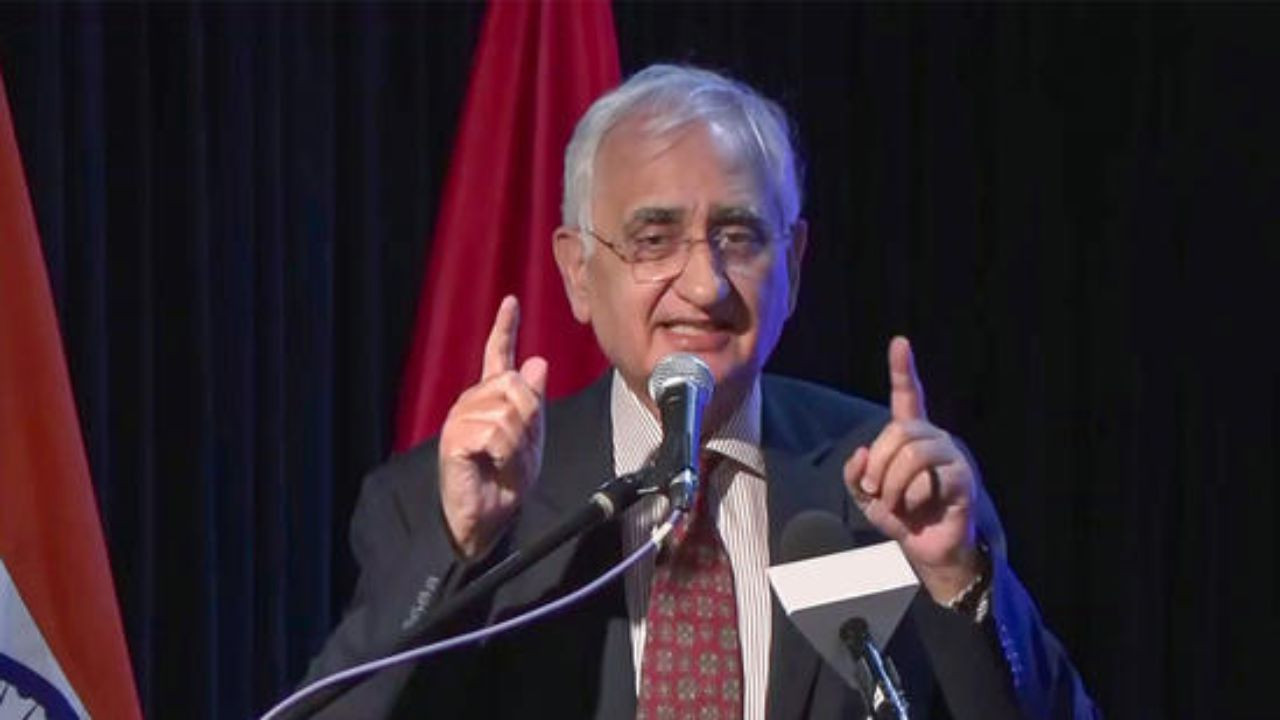In a move that may reshape the course of the prolonged conflict between Israel and Hamas, Israeli defense officials have reported the killing of senior Hamas military figure Mohammed Sinwar. According to statements released by the Israeli military, the airstrike took place on May 13 and targeted a tunnel network beneath a hospital in the southern part of the Gaza Strip, where Sinwar was allegedly taking shelter.
Strike on Hamas tunnel under Gaza hospital
The operation focused on what Israeli intelligence described as a fortified underground facility used by Hamas leadership. Officials claim that Mohammed Sinwar, along with two other high-ranking Hamas operatives, was killed during the attack. Although the Israeli military has not yet provided photographic or video evidence of Sinwar’s death, sources maintain that intelligence gathered from the strike confirms the successful elimination of the target. This announcement comes several days after Israeli Prime Minister Benjamin Netanyahu stated publicly that Sinwar had been neutralized calling it a major blow to the armed wing of Hamas.
Who was Mohammed Sinwar?
Mohammed Sinwar, appointed in July 2024 as the commander of Hamas’s military forces, played a leading role in coordinating operations in southern Gaza. He also led the powerful Khan Younis Brigade, one of the group's most active and strategic battalions.
At 41, Sinwar had become one of the most significant figures in Hamas’s military command structure. He was also the younger brother of Yahya Sinwar—the organization’s political chief and the mastermind of the October 2023 attacks on Israel. Yahya was killed in an Israeli strike on October 16, 2024. With both Sinwar brothers now reportedly dead, Israeli authorities believe a critical portion of Hamas's leadership network has been dismantled. Previously, the Israeli government had offered a $300,000 reward for information leading to Mohammed Sinwar’s capture or death, underscoring his importance in the conflict.
Impact on ceasefire and hostage negotiations
Officials in Tel Aviv allege that Mohammed Sinwar was directly responsible for stalling ceasefire negotiations and hostage release efforts that had been facilitated by mediators in the region. His removal, they argue, could clear the way for renewed talks, although the situation on the ground remains volatile.
"Sinwar was one of the primary roadblocks to meaningful dialogue. His absence opens a window of opportunity, but we remain cautious," a senior Israeli official told local media, speaking on condition of anonymity.
Netanyahu: 'We will not stop until Hamas is destroyed'
Despite the high-profile elimination of senior Hamas commanders, Prime Minister Netanyahu reiterated Israel’s intent to continue its military offensive in Gaza. "Our mission remains unchanged we will continue operations until Hamas is fully dismantled," he said during a recent address.
A temporary ceasefire, declared on January 19, collapsed within weeks. On March 18, Israeli forces resumed their campaign, citing ongoing threats and Hamas’s alleged use of civilian infrastructure, including hospitals and schools, for military operations.
Humanitarian crisis deepens in Gaza
The renewed strikes and urban warfare have heightened concerns among international organizations. The United Nations and several human rights bodies have criticized the targeting of locations near medical facilities, warning of a worsening humanitarian catastrophe.
However, Israeli officials maintain that Hamas’s strategic positioning within civilian areas leaves them with no alternative. "This isn’t just a war against militantsb it’s an effort to dismantle a deeply embedded terror infrastructure,"said a defense spokesperson.
A turning point or another escalation?
As both sides dig in, the confirmed death of Mohammed Sinwar may have significant military and political ramifications. Still, whether it will pave the way for de-escalation or trigger a fresh cycle of violence remains uncertain.



